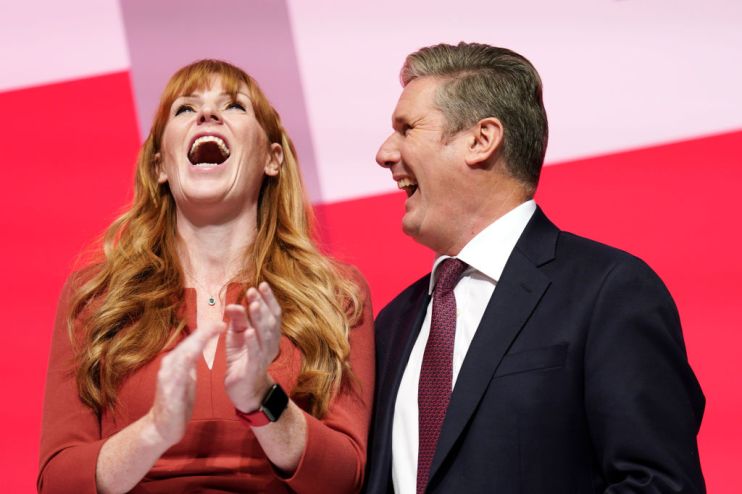Labour’s business charm offensive is an attempt to right the ship

As Labour headed further left under Corbyn, business ran scared from the party fearing higher taxes and heavy-handed nationalisation – all roundly rejected by voters.
But Starmer has steered the ship around and is leading a business charm offensive. His efforts to win over big business have been branded the ‘Prawn Cocktail Offensive 2.0’ in reference to Labour’s similar charm campaign ahead of 1997 under Blair and Brown.
Starmer explicitly told business leaders earlier this year that he wanted bosses to “have [their] fingerprints on what we’re doing”.
And the party has been fundraising hard, with donations in 2022 totalling more than £21m.
Reeves has since confirmed Labour will scrap business rates, which has been welcomed by many firms who see it as regressive and antiquated.
Perhaps more surprisingly, Unite’s calls last month for a windfall tax on banks record profits – scooped up as a result of rising interest rates – were met with radio silence from HM Opposition.
Ex-CBI chief Paul Drechsler has remarked at the “seismic” shift in Labour’s image.
According to YouGov polling, in 2019 some 40 per cent of voters thought the party was ‘not at all close’ to business and the City but as of October 2022 that figure stood at 19 per cent.
But Labour’s offensive has obviously been made easier by the Conservatives.
Boris Johnson’s ‘f*** business’ gaffe was a body blow for his party – so long the natural home of both business and entrepreneurs.
Top Tory business figure Iain Anderson quit the party last month citing its anti-business attitude, promising instead to support Starmer.
But Sunak is also working to court companies, and is a far more challenging opponent than his predecessor Liz Truss.
With no election date in sight, the battle to win over business is still far from over.
